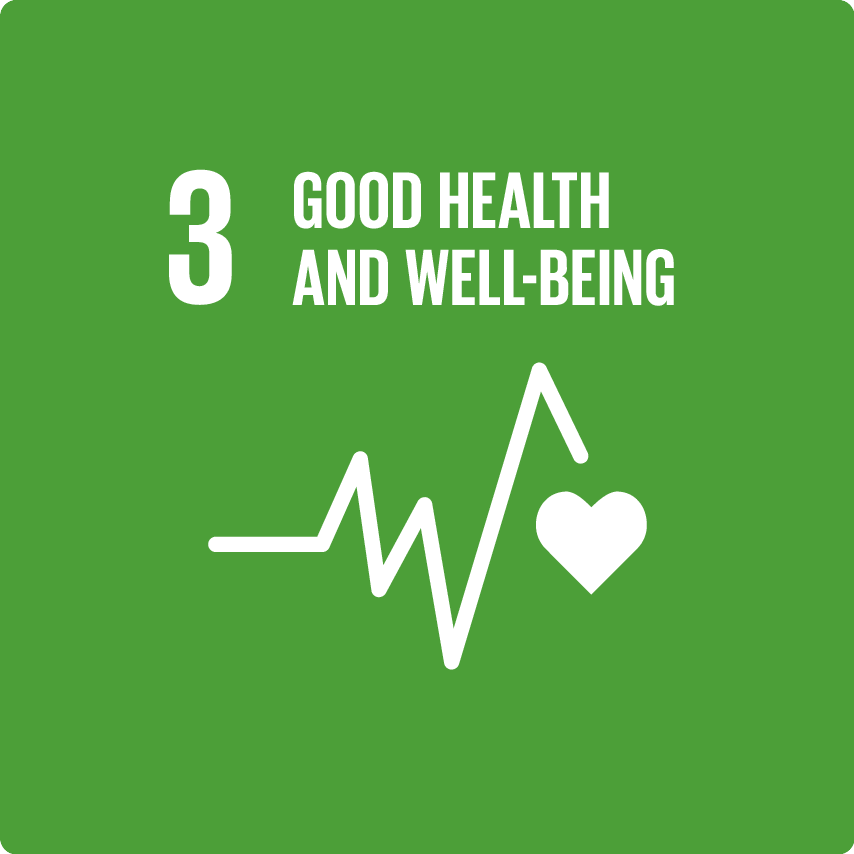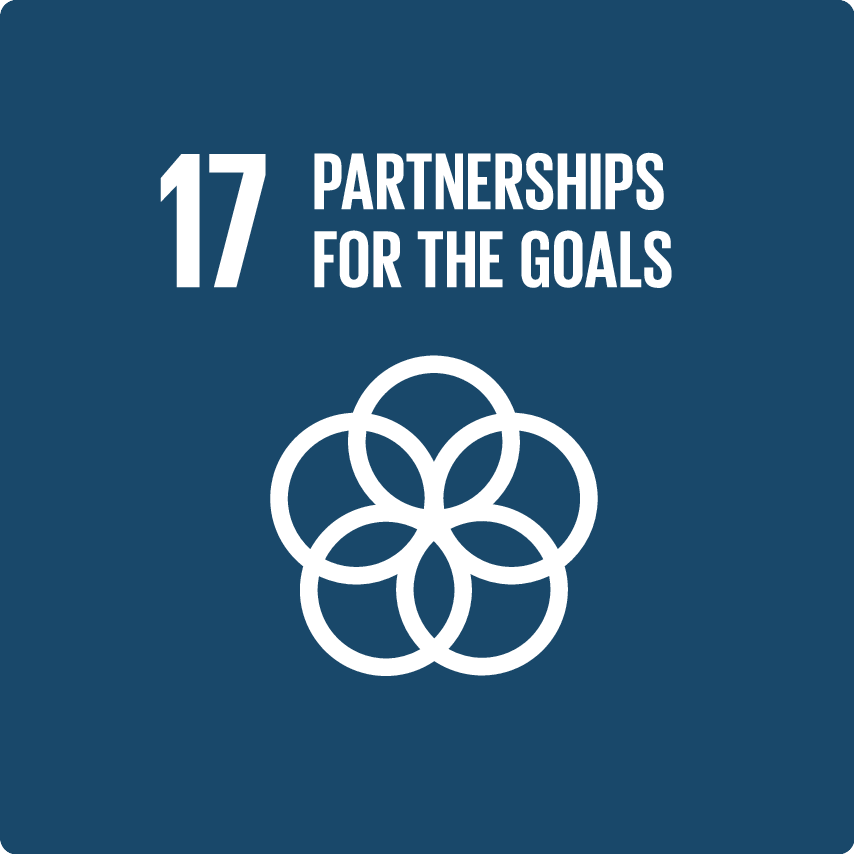The Partnership for Health System Sustainability and Resilience (PHSSR)
The Partnership for Health System Sustainability and Resilience (PHSSR) is committed to collaborating across sectors and borders to help build more resilient and sustainable health systems for the future.
SEE ALL PARTNER ORGANIZATIONS
Objectives
- Building more resilient and sustainable health systems against future crises, long-term stresses and the growing burden of disease.
- Generating knowledge through research reports that assess the sustainability and resilience of national healthcare systems.
- Guiding action for change through evidence-informed solutions and policy recommendations to improve sustainability and resilience.
- Facilitating cross-border and cross-sectoral collaboration to accelerate improvement and strengthening of healthcare systems by enabling international knowledge exchange and public-private collaboration with health system stakeholders.
Healthcare systems around the world are grappling with the same problems, delivering services amid resource constraints and increased demand, amid aging and growing populations, rises in non-communicable diseases and the impacts of climate change. The COVID-19 pandemic has further exacerbated these issues and starkly exposed weaknesses in health systems.
This crisis prompts important questions about how health systems are made more resilient to future crises, and sustainable in the face of long-term pressures.
As a response to this, the Partnership for Health System Sustainability and Resilience (PHSSR) was established in 2020 by the London School of Economics, the World Economic Forum, and AstraZeneca, who were later joined by global-level partners that include Philips, KPMG, the WHO Foundation and CAPRI, the Center for Asia-Pacific Resilience and Innovation. The partnership also includes additional organisations at the regional and national levels.
Through its work, the PHSSR and its partners collaborate with academic, non-governmental, life sciences, healthcare and business organisations to build knowledge and guide action through research reports that offer evidence-informed policy recommendations to improve the sustainability and resilience of healthcare systems.
The research, commissioned by the PHSSR, examines domestic healthcare systems using a framework designed by LSE academics. In order to identify system strengths, potential weaknesses, opportunities and risks, the framework examines seven key domain areas: financing, governance, workforce, medicines and technology, service delivery, population health, and environmental sustainability.
Results and milestones
- Since launching in 2020, the PHSSR is now active in over 30 countries worldwide.
- In 2021:
- An interim global report was released, which conceptualised health system sustainability and resilience and presented the initial Framework that was used to guide the development of a set of system-level Country Reports in the pilot phase of PHSSR.
- Country level assessments were undertaken in 8 countries – England, France, Germany, Italy, Russia, Poland, Spain and Vietnam – and reports from were released for each country.
- The first PHSSR Global Summit took place.
- In 2022:
- The Healthcare Resilience Summit was hosted at EXPO Dubai.
- Country level assessments were undertaken in 13 additional countries – Abu Dhabi, Belgium, Brazil, Canada, Egypt, Greece, India, Ireland, Japan, Portugal, the Netherlands, Saudi Arabia and Switzerland – and country reports were released in 2022 and also into 2023.
- A specific regional cohort, CEEBA Health Policy Network, was also established, looking into the Central Eastern Europe and Baltics area and developing a report on healthcare digitisation in the area.
- The second PHSSR Global Summit took place.
- In 2023:
- A global PHSSR report will be launched summarising key themes emerging from research conducted in 20+ countries.
- Phase three will commence in 2023 with additional countries in the Asia area.
- An EU level cohort will be established to assess pan-EU findings.
- The third PHSSR Global summit will be held.
Geographic Reach
- Americas
- Eastern Mediterranean
- Europe
- South-East Asia
- Western Pacific
Disease Area
- Non-communicable diseases
Partner organizations
World Economic Forum (WEF)
London School of Economics
World Health Organization (WHO) Foundation
Center for Asia-Pacific Resilience and Innovation (CAPRI)
KPMG
Philips
Geographic Reach
Americas
- Brazil
- Canada
Eastern Mediterranean
- Egypt
- Saudi Arabia
- United Arab Emirates
Europe
- Belgium
- France
- Germany
- Greece
- Ireland
- Italy
- Netherlands
- Poland
- Portugal
- Russian Federation
- Spain
- Switzerland
- United Kingdom
South-East Asia
- India
Western Pacific
- Japan
- Viet Nam

